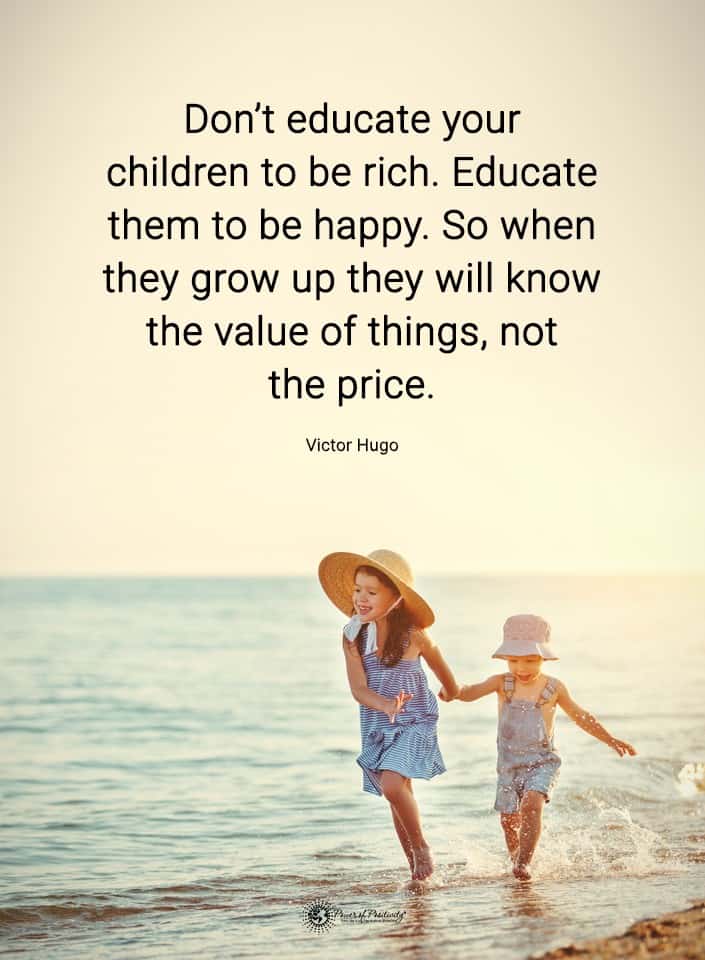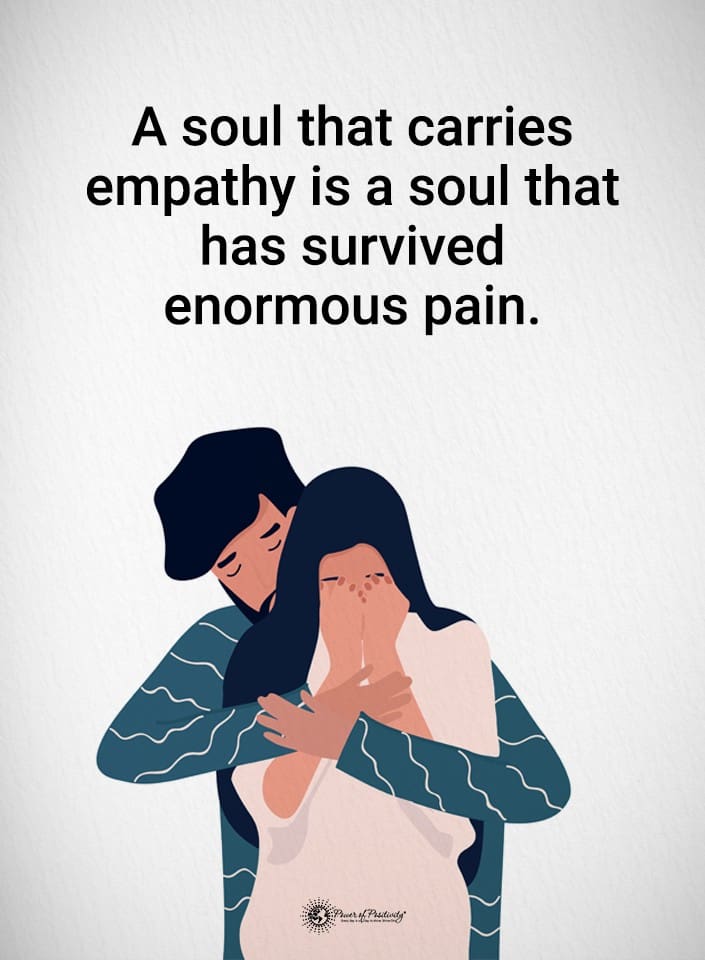One of the most significant issues with child-rearing these days is a lack of time. Many parents struggle to juggle the daily grind, and there’s little left for social interaction with the family in the evenings. Your children need you to teach them and help them become better people, and this all starts with some lessons in relationship-building.
Kids need to learn healthy ways to express their emotions early in life. Even as a child, the natural thing to do is rage and have little explosions from their anger. However, you can teach them there’s a better way.
Being socially intelligent allows them to make friends and be happy in all sorts of situations, but it’s not a task for the weak, as it’s not something you can accomplish overnight. Has your child ever banged their head on the wall, bit someone, slapped you, or did another physical activity when they were upset?
This is because they haven’t learned the proper way to channel those negative emotions, but that’s why you’re there to help.
Relationship-Building Skills Kids Need in Life
Building relationships is essential for your children’s social intelligence and to be strong adults. If you don’t know where to begin these life lessons, you can start with the following skills.
1. How to Show Empathy (one of the most critical components of relationship-building)
Healthy relationships come from validating each other’s feelings. So, empathy is one of the essential relationship-building skills you can teach your kids. Even young children can learn how to place themselves in the other person’s shoes.
Through social interaction and role-playing, kids develop empathy. For example, you could ask them, “How do you think Susie felt when you took the crayon she was using?” or “See how the kitty purrs and is happy when you don’t pull her tail?” It would be best if you used common examples to teach them how to treat others, which shows how they want someone to treat them.
2. How to Cooperate
According to an article published by Parents magazine, children usually get their first sparks of independence as early as six months old. They soon realize that they are individuals and can do a few things independently. Your child will assert themselves more into their second year by saying they can do something themselves.
While you want your youngster to develop independent skills for adulthood, they also need to learn the value of teamwork. Relationship-building skills like cooperation offer a lifetime of benefits. They know how to work together with you and your siblings more than with peers at school.
Cooperation and compromise are complementary skills. Your children find the joys of accomplishment when they work with others. They learn how to give and take so everyone involved is satisfied.
3. How to Apologize, a Core Part of Relationship-Building
It doesn’t take long for the youngest children to differentiate the fundamentals of right and wrong. You praise good behavior and correct misguided words and actions as a parent or teacher. Many adults still lack a vital relationship-building skill to apologize and make amends with sincerity, which causes many issues in life.
It’s never too soon to teach your toddler how to say, “I’m sorry,” and show them how to correct the behavior. When they apologize, respond with “I forgive you” rather than “oh, it’s okay.” They learn that it’s not “okay” to break the rules or to hurt someone.” Plus, you are teaching them the integral value of forgiveness.
After you correct the infraction and make age-appropriate amends, wipe the slate clean. One habit you don’t want your child to develop is holding grudges. Show them how to take responsibility for their mistakes and encourage them to work not to repeat them.
4. Respecting Personal Space
Along with budding independence comes the child’s awareness of personal space. This margin between people usually varies by country and culture, explains an article published by the Language Education Access Foundation. According to the report, most Americans feel comfortable with a personal space of about twenty inches.
As your children’s primary caregiver, they bond to you by proximity. Their idea of personal space is soon redefined as they practice relationship-building skills at home and in public. Parents and teachers explain proper distancing with examples and cues.
You can describe this concept to younger children by telling them that everyone has their own “bubble.” Would you mind helping them imagine themselves in a bubble about an arm’s distance from others? The personal space also reinforces the rule of keeping their hands to themselves.
Whenever the youngster forgets and is too close to another’s individual’s personal space, gently remind them. Hold your hands out at arms distance and say, “Remember your bubble.” Socially intelligent children usually internalize personal space as they mature.
5. Think Before You Speak
If you’re a parent or teacher, you’re aware of how painfully honest children are with others. While they don’t intend to be offensive, they usually say whatever’s on their mind. Tact is one of those relationship-building skills that aren’t inherent and must be learned.
You reinforce the concept of thinking before speaking as you teach and model empathy. What parent hasn’t had to smooth over something embarrassing their youngster blurted to someone at some point? Practice different scenarios at home and teach your children to empathize with others’ feelings before they say something.
6. Accepting and Celebrating Differences
Children often lack tact at times, but they are usually more accepting of others than many adults. In her article published by the American Psychological Association, Kristin Weir discusses prejudice as a learned attitude and behavior. By nature, children are accepting but can be taught prejudice at the youngest age.
Use examples that little kids can understand to teach them how to respect differences. Like flowers, people come in all different colors and from all over the world. Instead of rejecting differences in others, diversity is a beautiful thing to celebrate.
Be an excellent example to your children by modeling acceptance and cultural awareness. Teach them to be sensitive to others who have physical and mental challenges. Respecting differences and inclusiveness are essential for healthy personal and professional relationships.
7. Being Responsible
Of course, teaching children to be responsible continues from the cradle until they are adults. Each life lesson is tailored to their age and cognitive ability. Plus, they look to you to be their example.
Raising strong kids includes teaching them how to own their responsibilities. You’re not doing any favors by allowing them to slack, blame others, or be unreasonably dependent. Assigning age-appropriate chores around the house, caring for a pet, and doing homework are basic lessons that are vital for them to learn.
8. Developing Excellent Communication Skills for Better Relationship-Building
Another essential relationship-building skill is how to communicate well. These skills begin in the home and will continue in school. Please encourage your children to express themselves clearly and to listen to others.
They may not have any problem voicing their thoughts or opinions, but active listening is more challenging.
9. Coping With Frustration and Anger
Children seem eager to resort to physical violence to handle their problems. Depending on their age group, they may bite, punch, hit, slap, or knock another child down. It’s essential to teach practical coping skills to children when they feel frustrated so they don’t let their anger get the best of them.
Adults aren’t the only ones who need to walk away and count to ten, as children can benefit from these cooling-off periods too. The very foundation of time out is to give them time to pause and think about their actions, which usually results in a change in attitude.
10. Accepting Constructive Criticism
It’s hard to hear that you are wrong or you can do better, regardless of your age. Even as a child, you want to please those around you. You can change the way people think about this topic starting from a young age.
To help them with this:
- Be sure you don’t use negative facial expressions, as then it becomes destructive.
- Allow your kid the opportunity to speak, and never yell when giving them sage advice.
- Ask them how the comment made them feel, and work with them to see how it wasn’t a personal attack.
Make sure you throw an “I understand” in the mix so that they know you’re at least trying to see their point of view.
Final Thoughts on Sharing Relationship-Building Lessons With Your Children
Children are like an unmolded piece of clay, ready for the potter to mold it. However, with some work and positive relationship-building skills, they can be sculpted into a beautiful soul. The potter’s wheel shapes and makes the clay into a vessel of honor, which is similar to the role of a parent.
Your job is great, but so are the rewards. Your children will be happier and more well-rounded when you teach them how to have great relationships throughout life. No, it’s not going to happen overnight, but you can take pride that all your training will appear at times when you least expect it.

















 Community
Community

